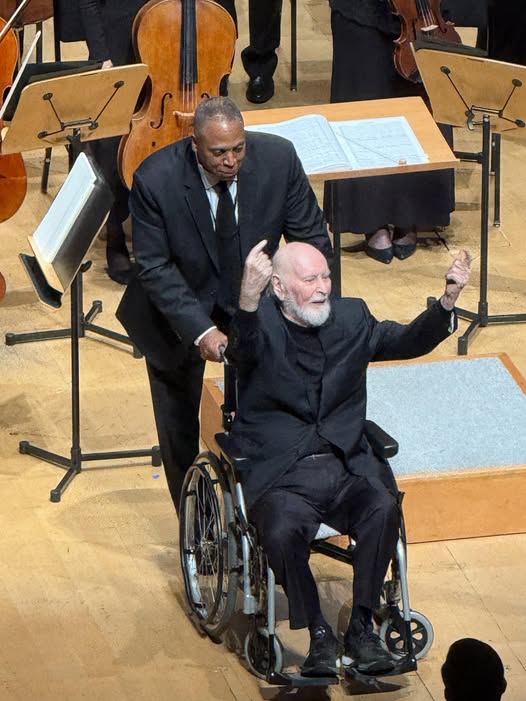Just in: BBC Singers axed, more musicians redundant (but execs are saved)
NewsWe hear that the BBC is just making an announcement about the abolition of its choral group, the BBC Singers.
All the singers will be paid off.
There is also a call for voluntary redundancies among musicians in the BBC orchestras.
However, the six figure jobs of Proms Director and Director of BBC Orchestras have been preserved.
Of course.
More details when the press release drops.






Comments